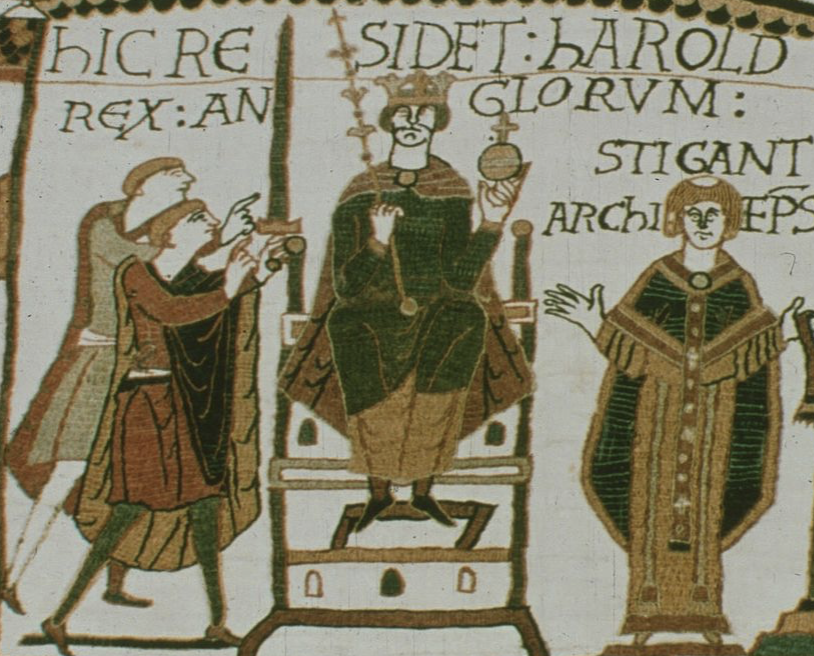
Did the earth move for you? This is a crucial question for we Brits in the glowing, or is it glowering, aftermath of the coronation. You see, the thing about rich symbols and elaborate rituals is not whether you believe in them or understand them, whether you reckon their venerable nature is reason enough to preserve them or whether you think that same ancient age marks them out as superstitious nonsense. If the expansive, inclusive rite of the King’s crowning even momentarily stirred your heart or held your gaze, then it worked its magic and did its job. The enemy of monarchy is not republicanism, which tacitly acknowledges that the crown matters. It is indifference.
The earth moved for me. What made me glad, as the trumpets fanfared timeless ecstasy, is not so much that we have an inherited head of state. I am happy about that in a time of Trumps and Putins, when it is clear that an elected president is not automatically better. Rather, what inclined me to rejoice was the marvelous oddity of the ceremony.
The mythology surrounding the enthronement was outstandingly exotic. An anointing with the King stripped to a white shirt that is still too sacred to see; the Stone of Destiny beneath the throne said to have been slept on by the Biblical patriarch Jacob; the presence of the broken sword of Tristan, knight of Arthur, who quested for the Holy Grail; the theatre of the Cosmati pavement representing the silent music of the entire cosmos; the procession of relics of the True Cross that were gifted by the pope.
The historian, Tom Holland, reckons that some elements in the service go back at least 5000 years, to a time when mammoths still walked the Earth. In the current age, when many rightly care about the voice of indigenous peoples and realise that modern life routinely, mindlessly erases traditions of tending the land and caring for other creatures that leave us greatly at risk, the fabulous performance of a ritual that links to lost worlds and forgotten wisdom might be doubly valued. As AIs and cyborg technologies threaten to flatten human ingenuity and longing to strings of dead ones and zeroes, the crowning of a king is an act of resistance. The bygone is bang up to date. The esoteric is political.
Sensible, rational people are still caught out by the power of a rite. Consider the couple who have been together for years, can’t imagine being apart, and so decide to marry, not for reasons of commitment, but bureaucratic convenience. And then, within a few months, their relationship hits the rocks. The wedding ceremony surfaced difficulties that now they can face.
Or there is the story about the physicist, Niels Bohr. He pinned a horseshoe to the back of his study door, which students one day spotted. “Professor,” they asked nervously, “why is it there?” Bohr replied: “It brings luck,” at which the budding scientists were shocked. “You don’t believe that, do you?” they exclaimed! The wise man murmured. “You don’t have to believe in things for them to work.”
I hope the coronation of Charles works. I hope the sight of the weird and wonderful touches many. I hope the ceremony has cast a spell and unleashed a quiet magic that can stir a spirit of which the machine knows nothing. Some call for the countryside to be rewilded and the city to be turned green. I hope the King’s gilded day fosters a rewilding of imaginations and germinates fresh shoots from the soul.